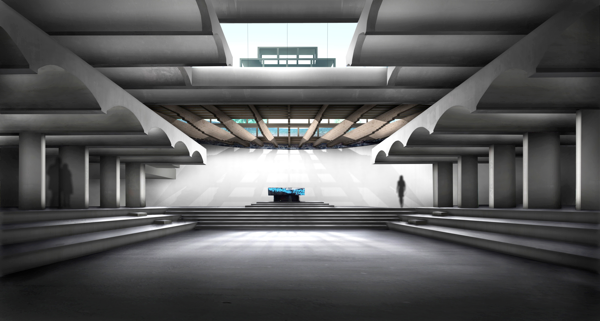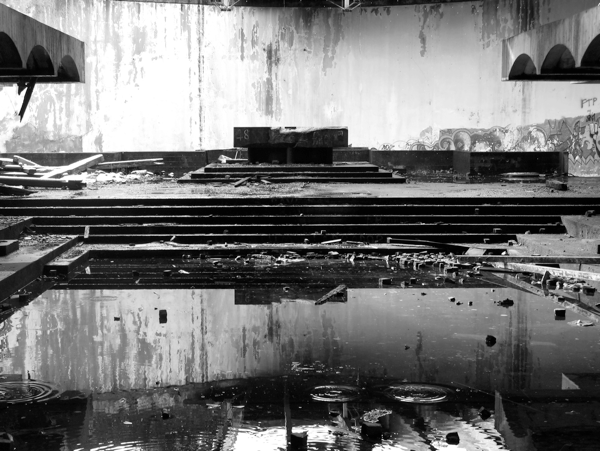Art & Exhibitions
New Art Center Saves Scotland’s Greatest Modernist Building


Coline Milliard


Sanctuary and altar
Photo courtesy: James Johnson
It has been deemed of “world significance” and even voted “Scotland’s greatest post-WWII building,” but for years, St Peter’s Seminary was left to crumble on the grounds of the former Kilmahew estate near Cardross, in Argyll and Bute.
Designed by Gillespie, Kidd, and Coia and completed in 1966, it was built to welcome theology students following a fire at St Peter’s Seminary in Glasgow, Scotland. But this first incarnation was short-lived: the seminary closed in 1980. After a brief stint as a drug rehabilitation center in the 1980s, St Peter’s Seminary fell in complete disrepair.
Now, the building will finally be given a new lease of life. A £7.3 million project, spearheaded by the Glasgow-based charity NVA, is set to turn this derelict icon into a major art centre, featuring a performing art venue, indoor and outdoor spaces, as well as landscaped grounds.

Restored chapel visualisation
Photo courtesy: James Johnson
London’s Avanti Architects and Glasgow’s ERZ Landscape Architects and NORD Architecture will oversea the restoration works, which are said to be inspired by “the current state of the buildings and grounds … finding value in the unmediated changes that have emerged over the last decades.”
“NVA’s plans represent an unheralded form of regeneration; one that accepts loss and ruination as part of the site history,” commented Angus Farquhar, NVA’s creative director. “Our plans offer a singular and dramatic set of spaces to release new uses and new ways of framing human activity. We make no separation between the natural landscape and the buildings; both have different layers within the overarching narrative and are the places that we draw from.”
Work will start early in 2015, and the site is slated for completion in summer 2017. £5.5 million for the capital work and first five years of activity have already been secured from both public and private sources. NVA now aims to raise an aditional £1.8 by the end of 2015.